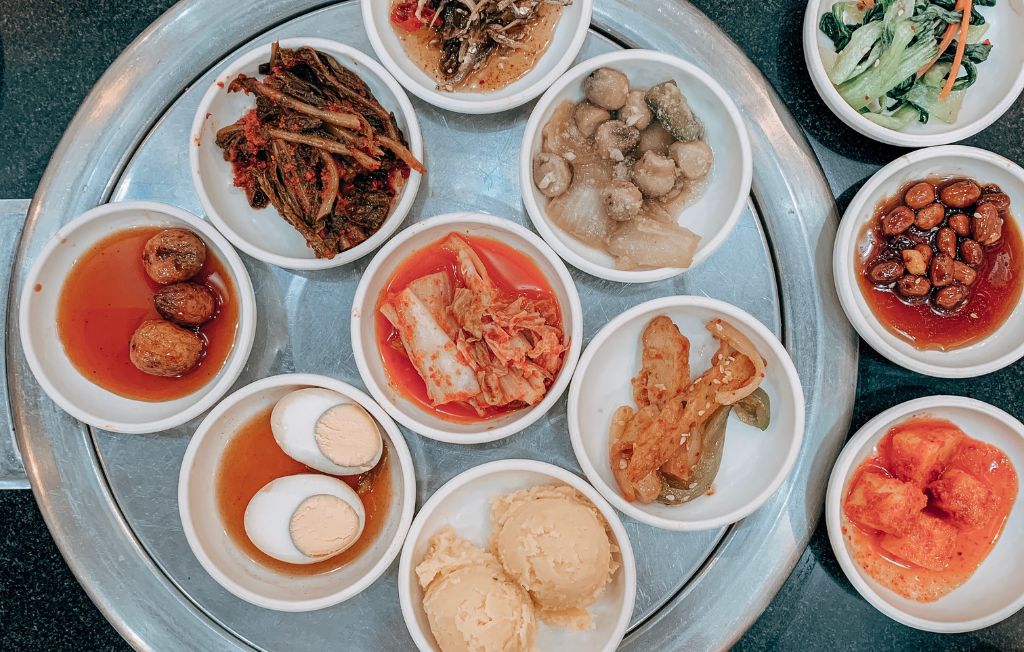When winter approaches, excitement over seasonal activities and events is often accompanied by subtle health concerns. Besides preparing your homes and wardrobes for the cold, you also prepare your body to fight illnesses.
The solution is to strengthen your immune system. It is a remarkable defense mechanism that protects your body against disease-causing microorganisms. It is your immune system that determines whether you will have a fun-filled winter at home or one that is riddled with recurring illnesses.
9 Ways to Boost Immune System Naturally
Let’s uncover some effective ways to boost your immune system naturally and ensure that you enjoy the beauty of winter in the best of health.
1. Exercise
Physical activity isn’t just for building muscles or shedding pounds; it’s also a powerful immunity booster. Regular exercise enhances the ability of antibodies and white blood cells to detect and ward off pathogens. It also promotes good circulation, allowing these cells to move freely and do their job effectively.
Engaging in moderate-intensity exercises like brisk walking, cycling, or even dancing can help. However, avoid overdoing it; extreme physical exertion can have the opposite effect and suppress your immune system. Aim for at least 150 minutes of moderate exercise per week and a couple of strength training sessions.
2. Add Supplements and Immunity Boosters
Our bodies need extra nutritional support, especially during the colder months when our immune system is under increased pressure. Certain vitamins and minerals, such as Vitamin C, Vitamin D, Zinc, and Echinacea, are known for their immune-boosting properties. They can enhance the body’s natural defense mechanism, helping to protect us against common winter illnesses.
In addition to these supplements, specific products are designed to alleviate the discomforts associated with seasonal changes. For instance, Sinus Calm is a product that can be beneficial when battling the common winter nuisance of sinusitis. This natural remedy relieves sinus pain, nasal congestion, and headaches, symptoms often associated with colds or allergies.
3. Balanced Diet
A balanced diet is your immune system’s best friend. It equips the body with the necessary nutrients needed for optimal function. Focus on including various fruits and vegetables rich in vitamins, minerals, and antioxidants. Foods rich in vitamin C, like citrus fruits, bell peppers, and broccoli, and those high in zinc, like lean meats, poultry, and beans, are particularly beneficial for the immune system.

In addition, make sure to include probiotic-rich foods like yogurt, kefir, and kimchi in your diet. Probiotics help to maintain a healthy balance of gut bacteria, which plays a significant role in immune health. Avoiding processed foods and those high in sugars can also help keep your immune system in top shape.
4. Hydration
While reaching for hot chocolate or festive lattes is tempting, don’t forget about good old water. Staying properly hydrated is crucial for overall health, including immune function. Hydration doesn’t directly protect you from germs and viruses but significantly impacts your overall health. It aids in producing lymph, which carries white blood cells and other immune cells.
Moreover, staying hydrated helps to keep your mucous membranes moist, which can lower the chances of a cold or flu virus invading your body. While the amount of water needed can vary depending on your size, diet, and activity level, a general guideline is to aim for 8-10 glasses daily.
5. Adequate Sleep
Getting enough sleep is one of the most important things you can do for your health. While asleep, our bodies are busy repairing and rejuvenating themselves, including bolstering our immune systems. Lack of sleep or poor sleep quality can make us more susceptible to illnesses as it affects the ability of our immune cells to function effectively.

Adults should aim for 7-9 hours of sleep per night, while children and teenagers need even more. Develop a regular sleep schedule, maintain a sleep-friendly environment, and adopt a calming pre-sleep routine to enhance the quality of your sleep.
6. Stress Management
Chronic stress can wreak havoc on your immune system by releasing a flood of stress hormones, such as cortisol, which suppresses the immune system and inflammatory pathways. This, in turn, can lead to increased susceptibility to infections and diseases.
Incorporate stress-reducing practices into your daily routine. This can include mindfulness, yoga, meditation, deep-breathing exercises, or simply engaging in a hobby you love. Spending time with loved ones or maintaining a journal can help manage stress.
7. Limit Alcohol and Avoid Smoking
Excessive alcohol and smoking can impair the immune system, making your body a more comfortable environment for pathogens. Alcohol can disrupt the microbiome in your gut, where most of your immune cells reside. Similarly, smoking can cause inflammation and decrease the efficiency of your immune system.

Moderation is the key when it comes to alcohol. Stick to the recommended limit of up to one drink a day for women and up to two drinks a day for men. If you’re a smoker, seek help to quit, as it’s never too late to boost your immune health by quitting smoking.
8. Regular Check-ups
In the journey to boosting our immunity, proactive health checks play a critical role. Regular health check-ups provide a kind of health ‘report card,’ enabling early detection of potential health issues before they evolve into significant problems. These check-ups can vary from routine blood and physical examinations to more specialized tests, depending on age, gender, and family history.
By assessing these results, healthcare professionals can give advice or treatment plans to keep your body in its best shape to fight infections. Consider these check-ups a necessary maintenance schedule for your body.
9. Hand Hygiene
While it might seem simple, maintaining proper hand hygiene is one of the most effective ways to prevent the spread of pathogens and keep illnesses at bay. Hands come into contact with various surfaces throughout the day and can quickly collect germs.

To break this chain of infection, wash your hands often with soap and water for at least 20 seconds. It’s particularly crucial before eating, after using the restroom, or after contact with shared surfaces. If soap and water are not readily available, using a hand sanitizer with at least 60% alcohol can kill most bacteria and viruses.
Conclusion
Our immune system is an incredible defense mechanism that protects us from numerous threats. Keeping it strong and responsive, particularly during the winter, is crucial.
However, remember, immune strength is not an overnight achievement but the result of consistent healthy choices. It’s an ongoing process of caring for our bodies.





